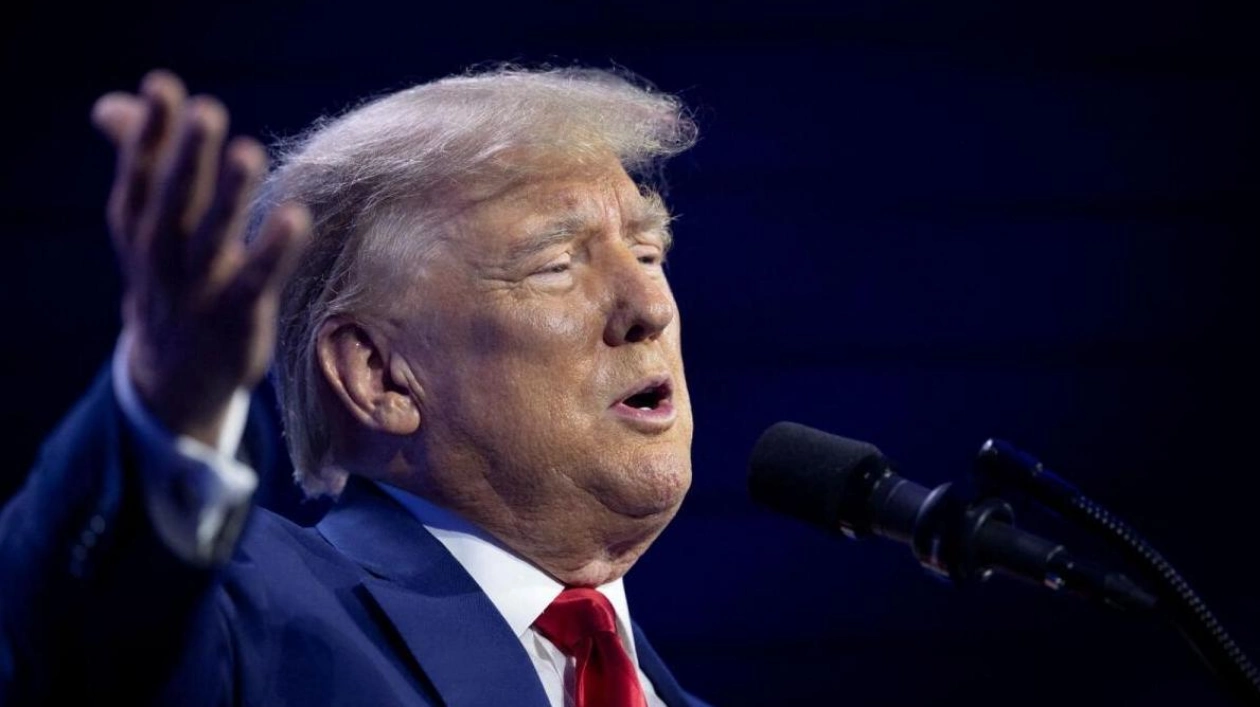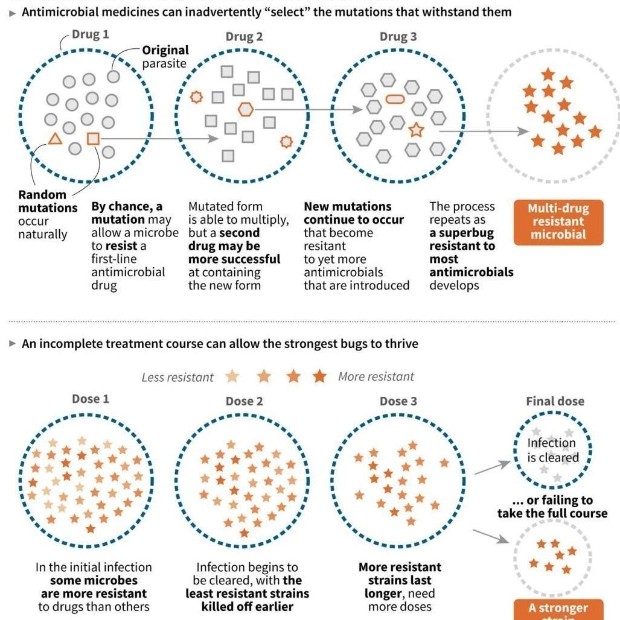Iran has indicated a willingness to engage with Donald Trump, urging the president-elect to adopt fresh policies towards the country after Washington accused Tehran of involvement in a plot to assassinate him. Vice President for Strategic Affairs Mohammad Javad Zarif called on Trump to reconsider the 'maximum pressure' policy he implemented against the Islamic republic during his first term.
'Trump must demonstrate that he is not following the misguided policies of the past,' Zarif told reporters. His comments followed the United States' accusation that Iran had conspired to kill Trump. The foreign ministry dismissed these allegations as 'completely baseless.'
Tehran and Washington severed diplomatic ties shortly after the 1979 Islamic revolution. Zarif, a seasoned diplomat who previously served as foreign minister, played a key role in negotiating the 2015 nuclear deal between Iran and Western powers, including the United States. However, the agreement was dismantled in 2018 when the US unilaterally withdrew under Trump, who subsequently re-imposed sanctions on Tehran.
In response, Iran scaled back its commitments under the deal and has since enriched uranium up to 60 percent, just 30 percent below nuclear-grade. Tehran has consistently denied Western claims that it aims to develop nuclear weapons. Zarif asserted that Trump's approach towards Iran was responsible for the surge in enrichment levels.
'He must have realized that the maximum pressure policy he initiated led Iran's enrichment to reach 60 percent from 3.5 percent, and increased its centrifuges,' Zarif said. 'As a man of calculation, he should assess the pros and cons of this policy and decide whether to continue or alter this detrimental approach,' he added.
In December 2017, Trump recognized Jerusalem as Israel's capital and relocated the American embassy there the following year. He also acknowledged Israeli sovereignty over the Golan Heights, captured from Syria in 1967 and later annexed. During his first term, Trump ordered the assassination of revered Iranian military commander Qasem Soleimani, who led the Islamic Revolutionary Guard Corps' foreign operations arm, the Quds Force. Soleimani was killed in a drone strike in Baghdad in January 2020.
Iran has not recognized Israel since the US-backed shah was overthrown in 1979. On Thursday, foreign ministry spokesman Esmaeil Baghaei expressed hope that the president-elect's return to power would enable Washington to 'revise the wrong approaches of the past,' though he did not explicitly mention Trump.
On election day, Trump told reporters he was 'not looking to harm Iran.' 'My terms are very straightforward. They cannot possess a nuclear weapon. I want them to be a prosperous country,' he said after casting his vote. Iran maintains that its nuclear technology is used for safe and civilian purposes.
Trump's election victory occurred amid direct attacks between Iran and Israel, raising concerns about further regional escalation of conflicts in Gaza and Lebanon.
Source link: https://www.khaleejtimes.com






